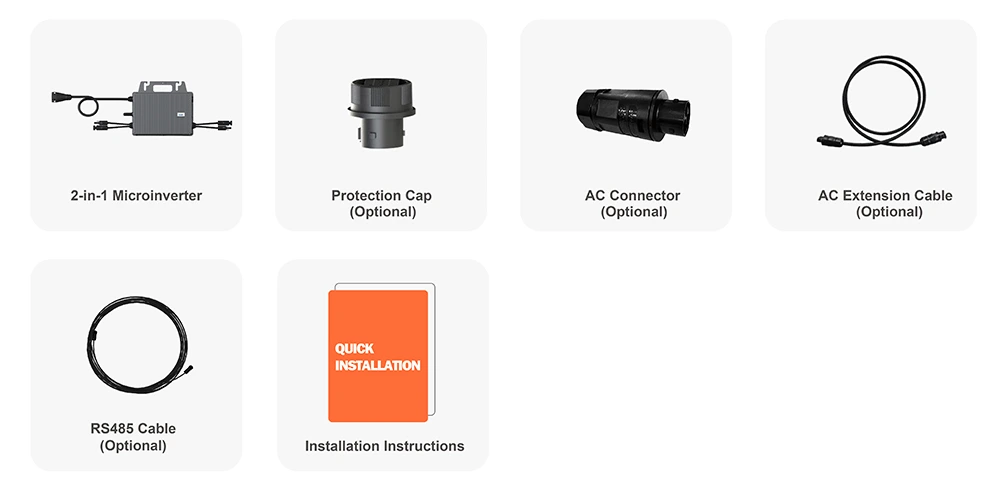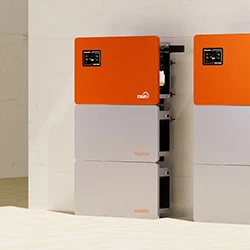As energy demands rise globally and technology continues to advance, residential energy storage has emerged as a pivotal solution for homeowners seeking efficiency, autonomy, and sustainability. While the concept might seem cutting-edge, it’s quickly becoming mainstream due to its myriad benefits.

One of the standout advantages of residential energy storage systems is their ability to optimize energy usage. Homeowners often face fluctuating electricity prices, which can be particularly high during peak demand times. By storing energy during off-peak hours when it's cheaper, and using it during expensive peak periods, these systems effectively reduce energy costs. This approach not only enhances homeowner savings but also alleviates stress on the national grid during peak times.
Additionally, residential energy storage offers unrivaled reliability and energy security. During power outages—a growing concern with changing climatic conditions and aging infrastructure—having a stored energy source ensures uninterrupted power supply. For families prioritizing safety and convenience, this capability is invaluable. Imagine the peace of mind knowing that heating, cooling, lighting, and essential electronics continue functioning even when the neighborhood is dark.

Environmental sustainability is another driving force behind the increasing adoption of residential energy storage. Homeowners committed to reducing their carbon footprint are leveraging these systems to store energy generated from renewable sources, such as solar panels. By doing so, they significantly diminish reliance on fossil fuels and contribute to a cleaner, greener environment. This personal commitment to sustainability often inspires communities, gradually transforming entire neighborhoods.
The integration of advanced technology into these systems also enhances their appeal. Equipped with smart software, modern energy storage solutions can predict consumption patterns, adjust storage tactics automatically, and interface seamlessly with home automation devices.
This not only increases efficiency but also optimizes energy savings through informed, data-driven decisions. The capability of monitoring energy usage in real-time provides users with insights that facilitate more mindful energy consumption.
residential energy storage
From an authoritative standpoint, several reputable studies and expert analyses affirm the efficacy and potential of residential energy storage. Institutions such as the International Energy Agency and the National Renewable Energy Laboratory consistently publish findings that highlight not only the financial and environmental benefits but also the role of energy storage in advancing energy accessibility worldwide. As more policy frameworks develop to support these initiatives, homeowners are presented with more incentives, including tax rebates and installation subsidies, making the transition to home energy storage more financially feasible.
Expertise in this field isn't limited only to the technological aspects, but also encompasses installation, maintenance, and system optimization. Leading providers of residential energy storage systems often have a network of certified professionals specialized in tailoring storage solutions to individual households’ needs. Whether a home demands enhanced energy security or aims for maximum economic savings, professional consultants offer customized solutions and ensure systems are operating at peak performance for years to come.
Trustworthiness is paramount in this domain. Prospective buyers should consider manufacturers and service providers with proven track records, transparent servicing warranties, and solid customer support reputations. Customer testimonials and case studies often reveal insights into user satisfaction and long-term performance reliability, offering an added layer of assurance in decision-making.
In summary, residential energy storage is more than a trend; it’s a transformative approach to managing home energy needs. As it becomes more accessible and supported by advancing technologies and sustainable practices, it presents an enticing proposition for any forward-thinking homeowner. The future of residential energy lies in its promise of cost savings, environmental responsibility, and energy independence, a compelling combination that continues to gain momentum.
 LEARN DETAILS
LEARN DETAILS



